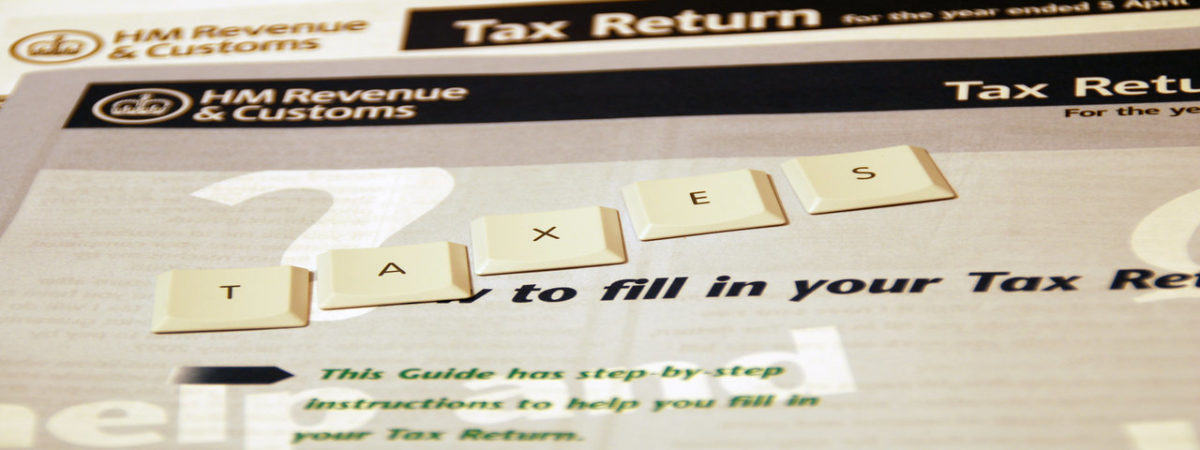New analysis shows serious economic flaws in High Speed 2 plans
SUGGESTED

New IEA research released

Prof Philip Booth comments on today's growth figures

New research released
The research finds that policymakers in favour of HS2 are making their case on the basis of bogus assumptions:
Flawed economics
- Huge government subsidies on the existing rail network mean that prices and demand levels are severely distorted.
- Estimates made by the government of demand growth are very optimistic. The long timescale involved also adds to the uncertainty.
- The DfT’s Command Paper said demand for HS2 would be 267% higher by 2033. However, in the more recent Economic Case, it was said that this demand level would be reached by 2043 i.e. 10 years later.
- The effect of competition from other rail lines has been ignored when projecting future HS2 ticket prices and passenger numbers. Lower prices would make the project even less viable.
- Competition from the West Coast Main Line or from the Chiltern Line could lead to the lowering of HS2 ticket prices in order to attract and retain customers.
- The cost of HS2 will require a contribution of £1,000 per Income Tax payer
- The project has been ‘gold-plated’, leading to grossly wasteful allocation of resources. The first five miles of the route, from Euston to Old Oak Common, for example, will add almost 25% (c. £4 billion) to the cost of the first phase but deliver negligible time savings.
- Additionally, the decision to route the line through the Chilterns will require major tunnelling work; this 18-mile stretch accounting for 17% of the construction costs
- Significant environmental and social costs are not included in the assessment of the economic case, with several areas likely to be affected by ‘planning blight’.
- HS2 is likely to create demand for additional high-cost, taxpayer-funded transport capacity. Terminating the line at Euston may require a new Underground line or Crossrail 2 link to cope with extra passenger numbers.
Exaggerated time savings
- The case for HS2 assumes that time on board a train is wasted for business travellers. However, many business people are able to undertake productive work during part of their journeys. HS2’s claims are therefore greatly exaggerated.
- Further, the decision to build a new station on the outskirts of Birmingham city centre, as opposed to HS2 travelling direct to Birmingham New Street (the major transport hub of the West Midlands) will wipe out much of the time savings claimed.
Fraudulent ‘green’ credentials
- The ‘green’ credentials of the scheme are highly questionable. At 225mph, the trains will be the fastest in Europe and will consume disproportionate levels of power via the National Grid.
- HS2 simply constitutes a strategy of increasing public subsidy to enable more, CO2-consuming journeys
False regeneration claims
- Claims that HS2 will bridge the north-south divide and bring regeneration should be treated with scepticism as the evidence is largely speculative. Alleged benefits must be set against the wider economic losses from the additional taxation required to fund HS2.
Commenting on the report, Dr Richard Wellings, Deputy Editorial Director at the Institute of Economic Affairs and co-author of the report, said:
“High Speed 2 is another political vanity project – like Concorde and the Millennium Dome – being ploughed ahead with with complete disregard for properly thought-through commercial prospects or the mounting opposition to it.
“Its environmental credentials are questionable, its projected passenger figures suspect, and its proposed regenerative effects highly dubious.
“Proceeding with HS2 plans is a recipe for disaster and, as always, it will be the forever-embattled British taxpayer who will end up footing the bill for this latest white elephant.”
Notes to editors
For a copy of the full report High Speed 2: the next government project disaster? or to arrange an interview with Dr Richard Wellings, Deputy Editorial Director at the Institute of Economic Affairs and co-author of the report, please contact Stephanie Lis, Communications Officer, 020 7799 8900 or slis@iea.org.uk.
To launch the paper, a press briefing is being hosted by Andrea Leadsom MP at 9.30am on Tues 19 July in Room C, 1 Parliament Street, Westminster. Speaking at the event will be Andrea Leadsom MP (South Northamptonshire), Dr Richard Wellings (Deputy Editorial Director, IEA and co-author of HS2 Paper), Geoffrey Robinson MP (Coventry North West), Dan Byles MP (North Warwickshire and Bedworth), and Iain Stewart MP (Milton Keynes South and Member of the Transport Select Committee). To register to attend, please contact Stephanie Lis, Communications Officer, 020 7799 8900 or slis@iea.org.uk.
The mission of the Institute of Economic Affairs is to improve understanding of the fundamental institutions of a free society by analysing and expounding the role of markets in solving economic and social problems. The IEA is a registered educational charity and independent of all political parties.



